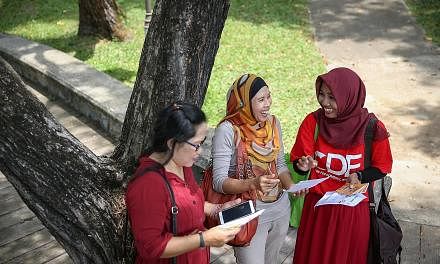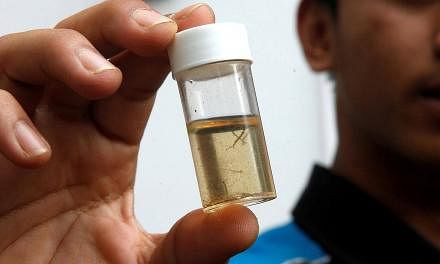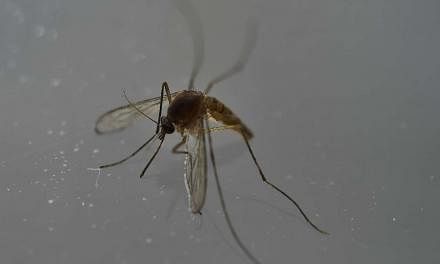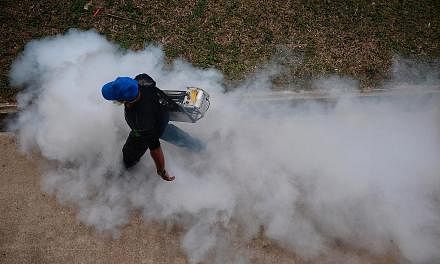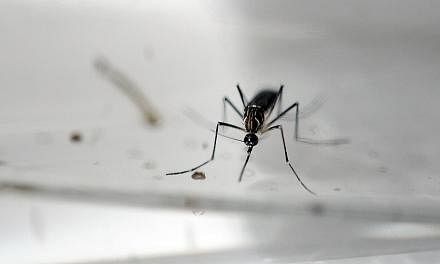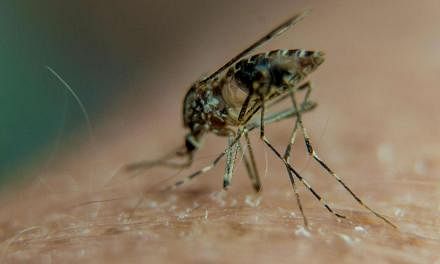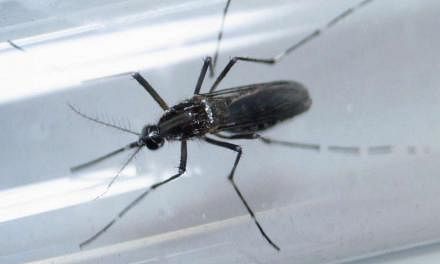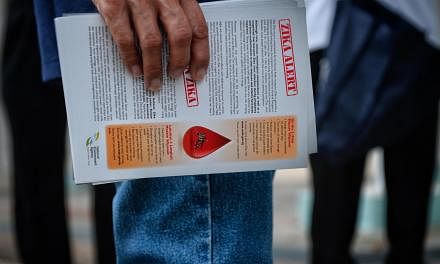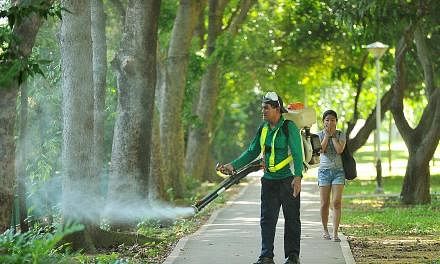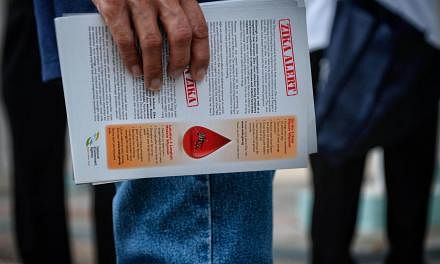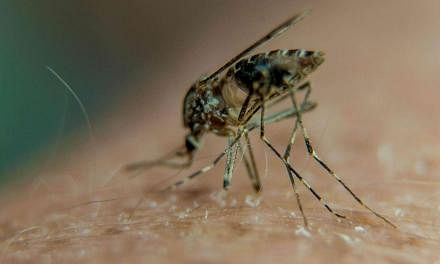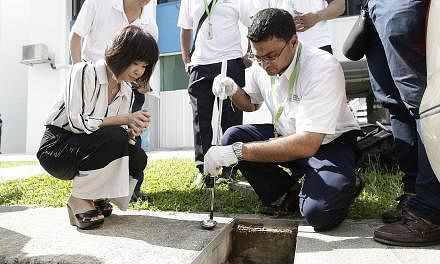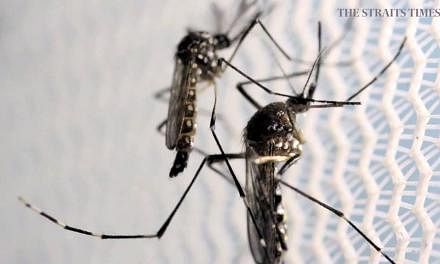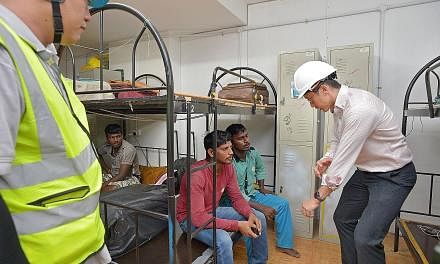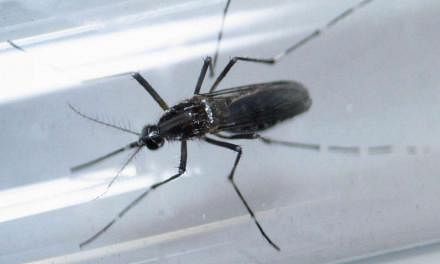Some experts believe that being infected with Zika once confers lifelong immunity, but that is only an assumption, says infectious diseases expert David Heymann.
Dr Heymann, who chairs the World Health Organisation's (WHO) Emergency Committee on Zika virus, said experts assume there will be protection "because that's the natural way the body responds".
"But we don't know," he told The Sunday Times, adding: "What you know (about Zika) is important, but what you don't know is even more important."
Another unknown is whether being infected with one Zika strain protects against other strains. Both the Brazilian strain, which has caused many cases of microcephaly or abnormally small heads in unborn babies, and the one found in Singapore come from the same Asian lineage, though they are distinct and different from one another.
Dr Heymann, who is professor of infectious disease epidemiology at the London School of Hygiene and Tropical Medicine, said studies are ongoing to find out why the incidence of microcephaly is much higher in the north-eastern part of Brazil. Experts postulate that it could be due to co-factors, such as another organism or environmental pollutants.
However, Dr Heymann said that the link between Zika and microcephaly "is pretty well confirmed" and pregnant women and couples planning to have a child should be aware of this.
"The message to pregnant women is that they need to use deet or some insect repellent on their skin, wear long sleeves, pants and socks, and don't get mosquito bites.
"These are day-biting mosquitoes. They like to bite around the ankles and other places. I don't know why they bite ankles. I guess they are under tables when you sit down. But they certainly do bite the ankles as they are exposed in women."
Couples in the reproductive age "really need to think it through", he stressed. "They have to ask themselves, 'Do I think I can protect myself against bites from mosquitoes'. And if they think they can't, they have to consider alternatives, such as preventing pregnancy till the outbreak is over."
The risk of getting an abnormal foetus is "low but still present. And if it happens to you, it's terrible".
There is also confusion over how small a head has to be, to be classified as microcephaly, although the WHO has recently come up with guidelines. About 15 per cent of babies with microcephaly grow up normal, according to international literature.
Asked if couples should get infected early so they can have a baby later, in the hope they will then be immune, Dr Heymann replied: "I would love to be able to tell them that, but I can't.
"Nobody knows the answer. It's one of the areas of research that needs to be increased."
His advice: "People should never expose themselves to a disease because you don't know what might happen."
Someone who has been infected with dengue once, for instance, risks getting the more dangerous haemorrhagic dengue the second time.
As for adults, experts do not think Zika affects the adult brain. However, laboratory tests show that it can damage brain cells, so this is another unknown.
There is also the link with Guillain-Barre syndrome, where the body's immune system damages the nerves, causing rapid onset of muscle weakness. Zika seems to increase the risk of this.
To make matters worse, Dr Heymann revealed that there is now increasing evidence that infected mosquitoes can pass the virus to their offspring, which means the number of infected mosquitoes can increase rapidly since they would not need to bite an infected person before becoming a carrier.
A vaccine against Zika is coming, but is at least a year away, said Dr Heymann. There are at least 30 Zika vaccines in different stages of development, with two approaching licensing. But clinical trials have to be carried out and that will take time.
There is also work being done to develop a test for antibodies, or the body's response to an infection, which will be able to check if someone has previously been infected with Zika. Current tests are only able to check for antigens, or the foreign bodies from the Zika virus, which generally do not stay in the body for long.
Dr Heymann praised Singapore's efforts since the discovery of Zika transmission here: "Singapore has done exactly what it can do with the technology that exists, and it's really laudable."
And he expects the Republic will be able to contribute a lot to the understanding of the disease.
Singapore has already sequenced the virus here and found that it is actually a different strain from the virus circulating and creating havoc in Brazil, although what this could mean in the long run is still unclear for now.
"It's unfortunate it (a Zika outbreak) is occurring in Singapore but now, Singapore researchers can be of great help to the world."
facebook.com/ST.Salma



